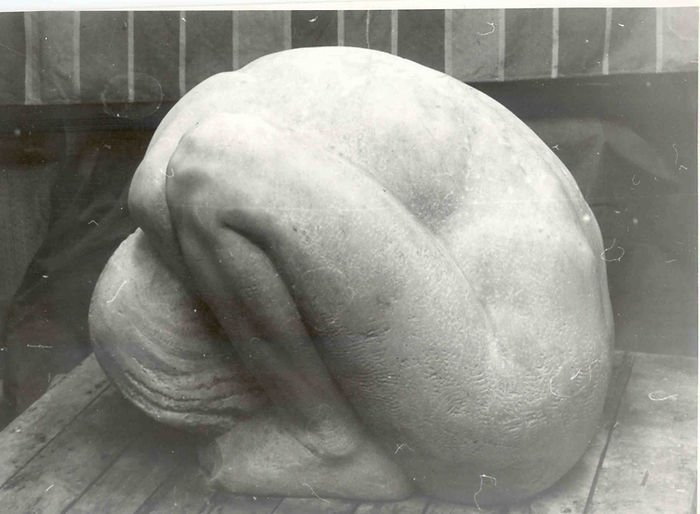Writing Atrocities: Slavery
Updated: Feb 10
People have done (and are doing) horrific things to one another. As writers, we put these things in our stories because they are real and filled with complex conflict. Those things get inserted into our stories, however, because they are real atrocities we need to be more scrutinizing and deliberate with how they are handled, in this post I want to talk about the use of enslaved characters.
If you're an American the slavery you're likely most familiar with is the race-based chattel slavery of Black people. When we say "slavery" or refer to the "enslaved" this is normally what American refer to.
For this post I'm opening the conversation to a comprehensive historical and modern definition of slavery. According to the National Underground Railroad Freedom Center, " the victims are forced to work involuntarily or are unable to leave once they have started."
Do your research and get it right
Human Rights groups have agreed that there are five kinds of modern day slavery:
Forced Labor
Bonded or Debt Labor
Sex Slavery
Child Slavery
Domestic Servitude
Historically there have been legal justifications for slavery racial (like in the Americas), political, law enforcement, religion, economics etc.
It's your responsibility to decide what kind of slavery is in your story so that you can research it thoroughly. Atrocities like slavery cannot be handled carelessly. Real people have and are suffering due to slavery.
Question Yourself and Avoid Stereotypes
Unless your book is a tight historical fiction or a contemporary literary fiction there is no reason why the enslaved people in your story have to be Black or brown.
This is especially true if you're writing fantasy or sci-fi. If the enslaved race in your story are Black/brown or are closely related to real non-white people ask yourself why? Is that because the story is set in a real place and you're adamant about keeping it that way even as you write about flying cars, or elves, or superhuman feats? Or is it because it's a trope you're familiar with so you just went with it without thinking twice?
When your speculative fiction has a race of people who are or were formally enslaved you should consider what that race looks like and/or are culturally similar to and take steps to avoid paralleling them too closely African Americans or other racially marginalized groups.
For you contemporary literature writers, consider where your enslaved character is from and how based in reality it is. Some countries have high rates of modern day slavery and this may inform what your character looks like but no country or group of people is immune to being victimized.
Give your enslaved characters voice and agency
This is not debatable.
Enslaved characters have their own stories. They are not just pieces of their owners' stories.
If you have multiple points of view, include one of your enslaved characters. If it is a single POV find ways to insert the enslaved characters personality, voice, and actions into the narrative.
You need support
Get a sensitivity reader. This is not an easy road to go down so make sure you have all the help you can get. There is a really fine line between being historically accurate and writing something offensive. A sensitivity reader can help clarify those moments and give you suggestions on how to avoid potentially problematic language, characters, and whole plots.

